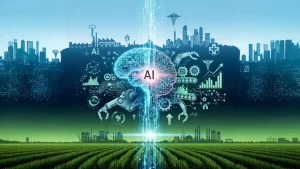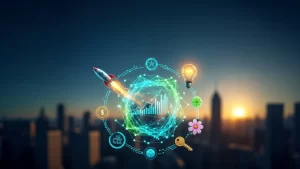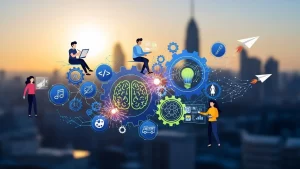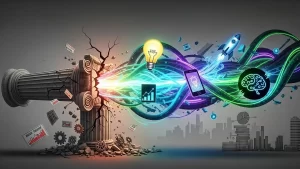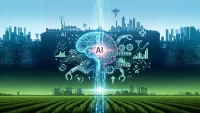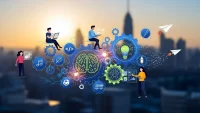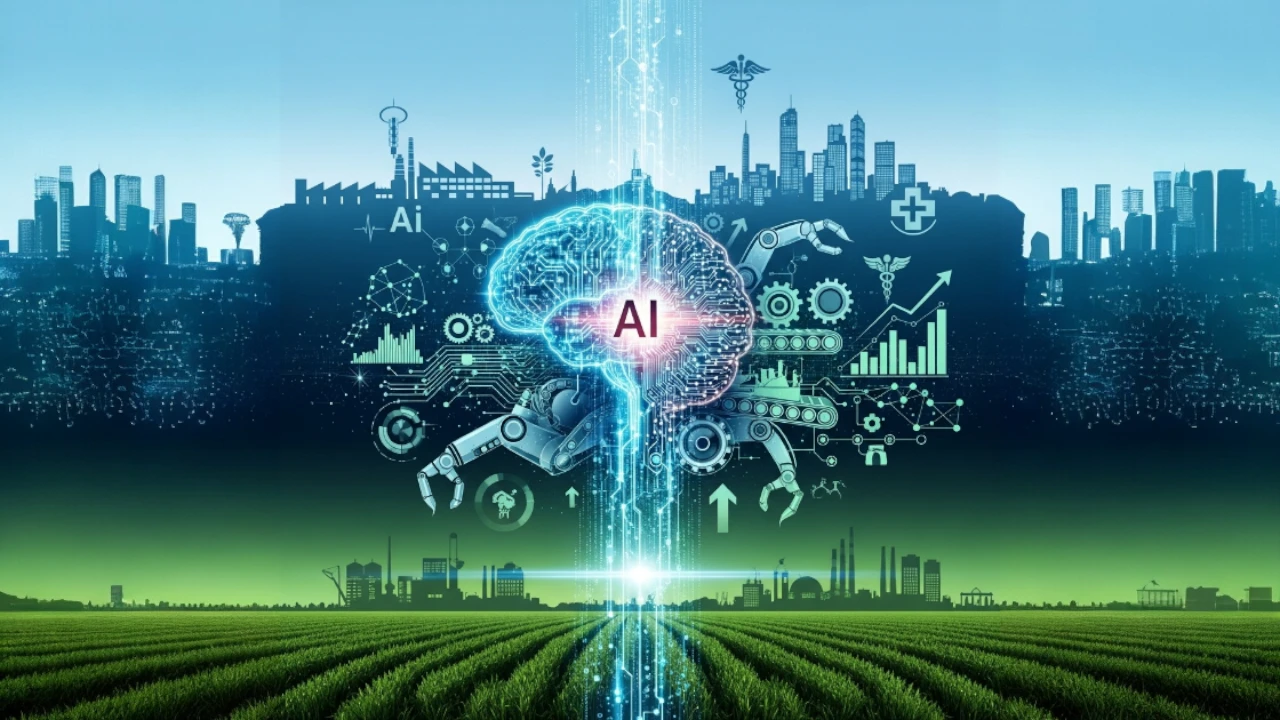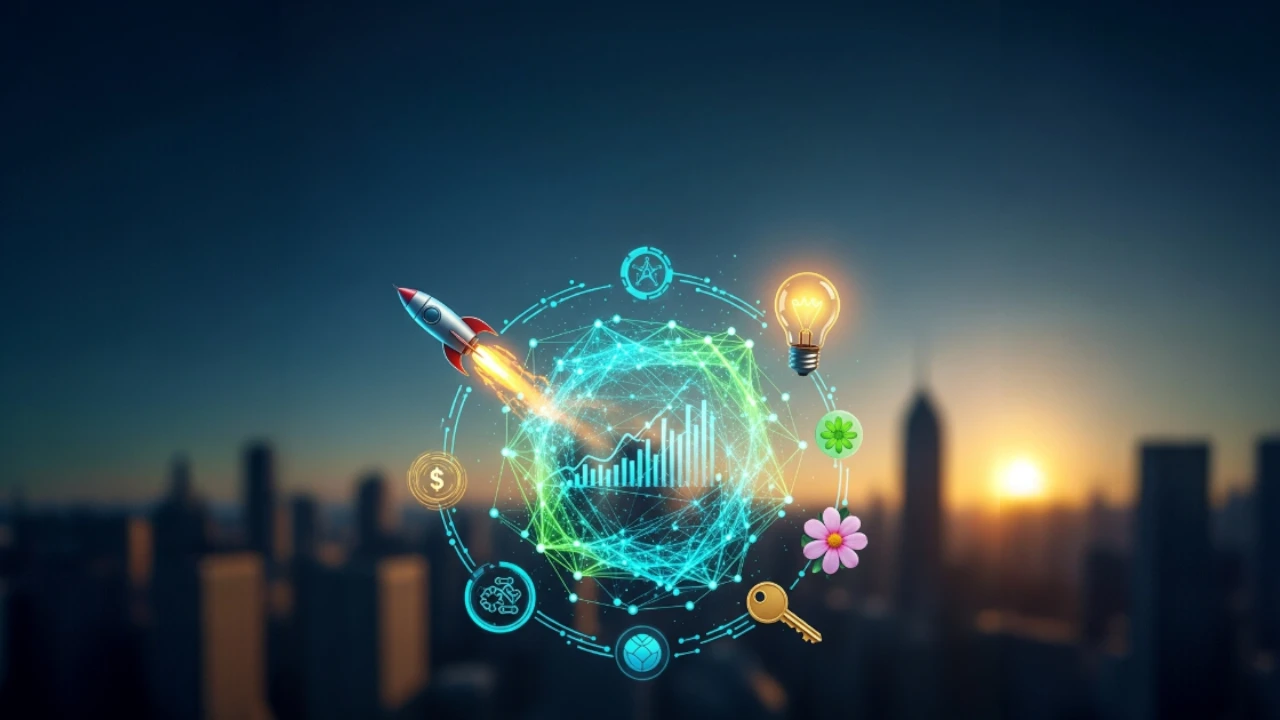In the dynamic world of digital marketing, Artificial Intelligence (AI) is not just a buzzword; it is a transformative force reshaping how businesses engage with their audiences. As we delve into the emerging trends and future insights of AI in digital marketing, we uncover how these advancements are setting new benchmarks for efficiency, personalization, and overall marketing success.
Table of Contents
ToggleUnderstanding the Role of AI in Digital Marketing
What is AI in Digital Marketing?
AI in digital marketing involves the use of advanced algorithms and machine learning techniques to analyze data, predict trends, and automate processes. This technology enables marketers to create more personalized and effective campaigns, ultimately driving better results.
The Evolution of AI in Marketing
AI’s journey in marketing began with basic data analysis and has now evolved into sophisticated applications such as predictive analytics, natural language processing, and real-time customer interactions. This evolution has significantly enhanced the capabilities of marketers, allowing them to deliver more targeted and impactful campaigns.
Emerging Trends in AI-Driven Digital Marketing
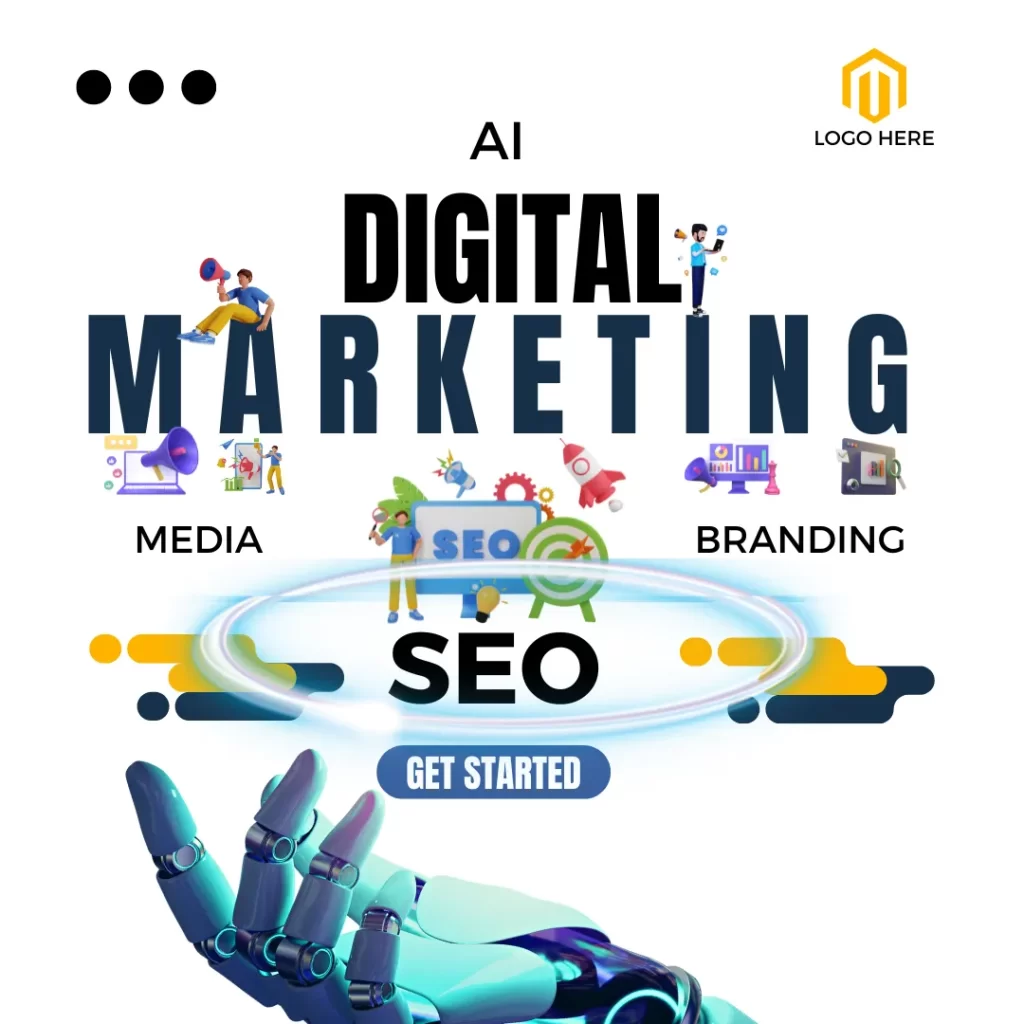
1. Hyper-Personalization Through AI
AI-Powered Customer Insights
AI can analyze vast amounts of customer data to uncover deep insights into behavior, preferences, and purchasing patterns. This allows marketers to create highly personalized experiences that resonate with individual customers.
Dynamic Content Personalization
AI enables the creation of dynamic content that adapts in real-time based on user interactions. This means that the content a user sees can change based on their behavior, ensuring a more relevant and engaging experience.
2. AI in Predictive Analytics
Forecasting Customer Behavior
Predictive analytics uses AI to forecast future customer behavior based on historical data. This helps marketers anticipate needs and tailor their strategies accordingly, leading to higher conversion rates and customer satisfaction.
Optimizing Marketing Campaigns
AI can analyze past campaign data to predict which strategies will be most effective in the future. This allows marketers to allocate resources more efficiently and optimize their campaigns for better results.
3. AI-Driven Content Creation and Curation
Automated Content Generation
AI tools can generate high-quality content, such as blog posts, social media updates, and product descriptions, based on specific keywords and topics. This not only saves time but also ensures consistency in content quality.
Content Curation
AI can curate content by analyzing user preferences and recommending relevant articles, videos, and other media. This keeps audiences engaged and encourages them to spend more time on a brand’s platform.
4. Enhanced Customer Service with AI
Chatbots and Virtual Assistants
AI-powered chatbots and virtual assistants provide instant customer support, answering queries and resolving issues in real-time. These tools use natural language processing to understand and respond to customer inquiries, improving the overall customer experience.
Sentiment Analysis
AI can analyze customer feedback and social media interactions to gauge sentiment. This helps businesses understand how their brand is perceived and allows them to address any issues promptly.
5. AI in Advertising and Campaign Management
Programmatic Advertising
Programmatic advertising uses AI to automate the buying and selling of ad space. This ensures that ads are shown to the right audience at the right time, maximizing the return on investment.
A/B Testing and Optimization
AI can automate A/B testing, allowing marketers to test different versions of ads, landing pages, and emails to determine which performs best. This continuous optimization leads to more effective campaigns and higher conversion rates.
Future Insights: The Next Frontier of AI in Digital Marketing
AI and Voice Search Optimization
With the increasing popularity of voice-activated devices, optimizing for voice search is becoming crucial. Artificial intelligence can help businesses understand natural language queries and provide relevant answers, ensuring they remain visible in voice search results.
AI and Augmented Reality (AR)
AI and AR are transforming the way customers interact with brands. AR allows customers to visualize products in their environment before making a purchase, while AI provides personalized recommendations based on user preferences. This combination enhances the shopping experience and increases customer satisfaction.
AI and Data Privacy
As AI continues to evolve, data privacy remains a critical concern. Businesses must ensure that they comply with data protection regulations and use AI responsibly. This includes being transparent about data collection practices and implementing robust security measures to protect customer data.
AI in Influencer Marketing
AI can identify the most relevant influencers for a brand by analyzing their audience, engagement, and content. This ensures that influencer partnerships are effective and reach the target audience.
AI and Blockchain Integration
The integration of AI and blockchain technology can enhance transparency and security in digital marketing. Blockchain can provide a secure and transparent way to track and verify transactions, while AI can analyze this data to optimize marketing strategies.
Conclusion
AI is revolutionizing digital marketing by providing innovative approaches that lead to better results. From hyper-personalization and predictive analytics to content creation and customer service, AI offers numerous benefits that can enhance the efficiency and effectiveness of marketing strategies. As AI technology continues to advance, businesses must stay ahead of the curve by adopting AI-driven solutions to remain competitive in the digital landscape.
FAQs
1. How does AI improve customer segmentation?
AI analyzes vast amounts of data to identify patterns and segment customers based on their behavior, preferences, and demographics. This allows businesses to target specific customer groups with personalized marketing messages.
2. Can AI replace human marketers?
While AI can automate many marketing tasks, it cannot replace human creativity and strategic thinking. AI should be used as a tool to enhance the capabilities of human marketers, not replace them.
3. What are the benefits of AI in email marketing?
AI can personalize email content, optimize send times, and analyze campaign performance. This leads to higher open rates, click-through rates, and conversions.
4. How does AI help in lead generation?
AI can identify potential leads by analyzing user behavior and engagement. It can also score leads based on their likelihood to convert, allowing businesses to prioritize high-quality leads.
5. What is the role of AI in influencer marketing?
AI can identify the most relevant influencers for a brand by analyzing their audience, engagement, and content. This ensures that influencer partnerships are effective and reach the target audience.
6. How does AI enhance website personalization?
AI can analyze user behavior to deliver personalized website experiences. This includes recommending products, displaying relevant content, and customizing the user interface based on individual preferences.
7. What are the challenges of implementing AI in digital marketing?
Challenges include data privacy concerns, the need for high-quality data, and the complexity of integrating AI with existing systems. Businesses must also ensure that they have the necessary skills and resources to implement AI effectively.
8. How does AI improve customer retention?
AI can analyze customer data to identify at-risk customers and predict churn. Businesses can then take proactive measures to retain these customers, such as offering personalized incentives and improving customer service.
9. What is the impact of AI on marketing analytics?
AI enhances marketing analytics by providing deeper insights and more accurate predictions. This allows businesses to make data-driven decisions and optimize their marketing strategies for better results.
10. How can small businesses benefit from AI in digital marketing?
Small businesses can use AI to automate tasks, gain insights, and deliver personalized experiences. This allows them to compete with larger companies and improve their marketing effectiveness without significant investment.


